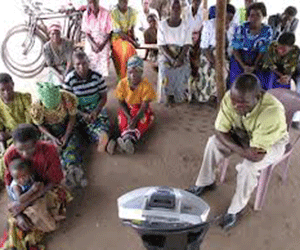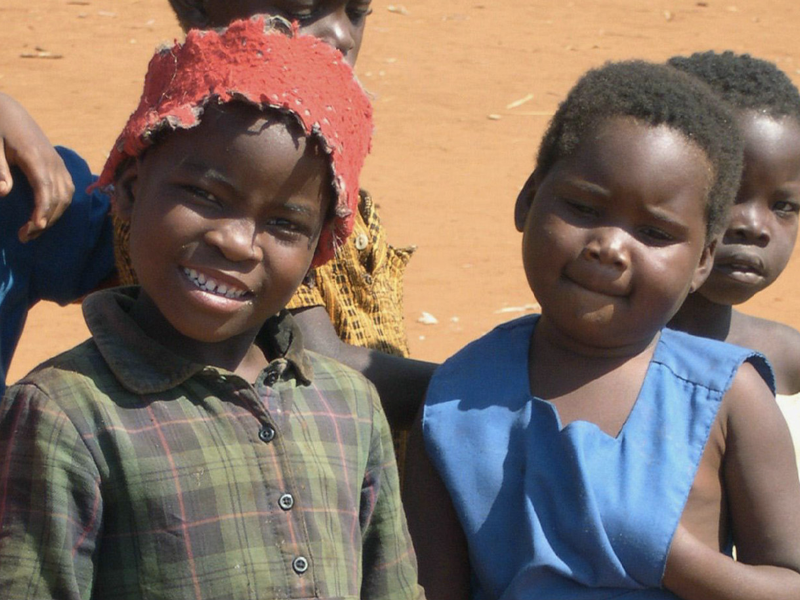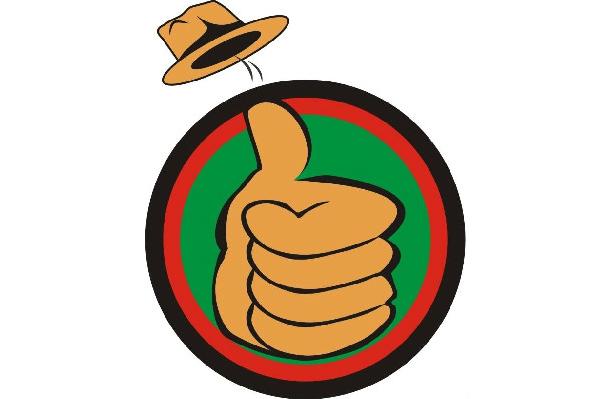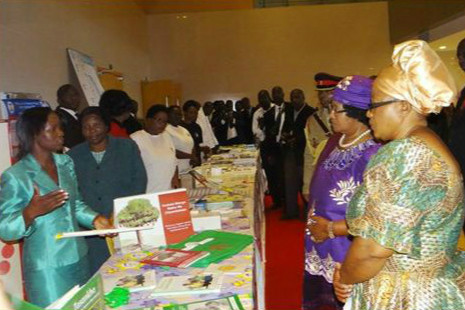Everyone has a story. That is the premise of Chenicheni Nchiti? (“What is Real?”), a radio program in Malawi that tells the stories of people living in communities across Malawi. It is also the driving force for Chenicheni Nchiti?’s field producers who have been trained to dig for the stories that will resonate emotionally with their listeners.
The radio program’s topics are outlined in advance but the stories aren’t planned; they are told spontaneously, on buses, in bars, in village markets. Field producers, many of whom do not have formal media training, listen for compelling stories in their local community, and use these stories to showcase real issues, provide valuable information and promote open discussion about living – nay, surviving – in a world rife with HIV.
When Chenicheni Nchiti?’s creators first conceived of the radio program, they hoped it would be popular and indispensable, the place Malawians would go for current information on HIV prevention, and a gathering place (a “town hall” or “marketplace”) for discussion about HIV-related topics.
The program’s unique format has enabled Chenicheni Nchiti to quickly capture the attention of the Malawian listening community. By showcasing real life stories, offering up intimate interviews of well-known Malawians, airing reports from community-based correspondents, and taking polls of average citizens, the program is able to tackle cutting-edge issues in HIV/AIDS: multiple concurrent partnerships, male circumcision, risk reduction, positive prevention, and treatment.
Produced by CCP’s Bridge II Project, a five-year USAID-funded HIV prevention project that is built around the theme Tasankha (“We have chosen”), Chenicheni Nchiti? is the project’s flagship mass media intervention. The concept of “choice” is woven across Chenicheni Nchiti?’s programs: choices, large and small, are made every day, and lives are shaped by these choices. Chenicheni Nchiti? examines the choices people make and the resulting consequences.
Chenicheni Nchiti? is aired three times each week on Malawi national radio, MBC1. The 30-minute magazine radio show airs on Mondays and is repeated on Wednesday, and a 30-minute live phone-in national feedback show is aired on Sundays.
The field producers record many more stories than can typically be squeezed into the show. The extra stories are made available to the other Malawian radio stations, free of charge. This has enabled Chenicheni Nchiti? to improve the quality of radio programming across Malawi, and broaden the reach of its message.
Listener response has been overwhelmingly positive; listeners from across Malawi, and as far away as Tanzania, Zambia and Mozambique have sent the show laudatory feedback. And the admiration is not just limited to the listening community. A similar radio program developed by CCP staff in Ethiopia was awarded the prize for best mass media campaign at the 2009 AfriComNet awards. And Malawi’s Radio Diaries program, which preceded Chenicheni Nchiti? and featured day-in-the-life diaries of HIV positive individuals, was mentioned in the closing plenary speech at the Toronto AIDS conference in 2006 as one of the most promising innovations in communication for HIV/AIDS prevention.
Sometimes telling stories is the best way to encourage action.
Learn more about the Malawi Bridge II Project.





